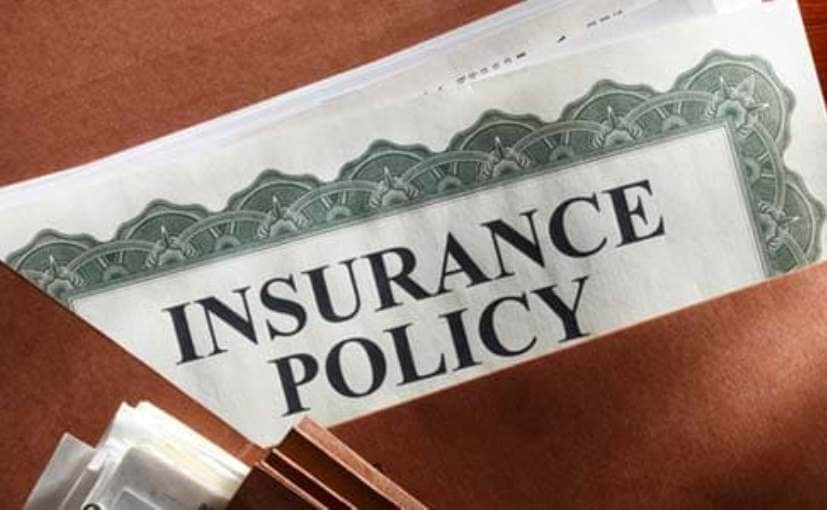Different Ways of Cashing in Your Life Insurance Policy
Feb 23, 2024 By Susan Kelly
Using life insurance to satisfy urgent monetary demands comes with several potential negatives, the most serious of which is the possibility that you might jeopardize your long-term ambitions or your family's financial security. Nevertheless, if one does not have access to other viable alternatives, life insurance, particularly cash-value life insurance, might be a source of much-required financial support.
Although the fundamental objective of life insurance is to replace lost income, many policyholders use the cash-value component of their policies for other reasons, such as accumulating savings for their golden years. Cash-value life insurance plans, sometimes known as perpetual life insurance, provide the policyholder a death benefit and an accumulation of cash value throughout the policyholder's lifetime. Policyholders who have cash-value insurance have several options for how they might put the cash value to use, including the following:
- An investment that is exempt from taxation
- A method through which they can continue to pay coverage premiums in their latter years, A benefit that they can leave to their descendants
- All three types of life insurance—whole life, variable life, and universal life—include a cash value component. Not the case with term life. Permanent life insurance provides both a death benefit and a cash-value amount, but when the policyholder passes away, only the death benefit is paid out to the beneficiaries. Any monetary value that is still available is returned to the insurance company.
Strategy 1: Boost the Death Benefit
You can leave a greater death benefit to your beneficiaries if you have a permanent life insurance policy that has acquired a sizeable cash value throughout its existence and do not plan to utilize these assets for yourself. How are you able to do that? In most cases, it's not too difficult. Call your life insurance provider and explain that you'd want to make a trade. Specifically, you'd like to raise the amount of the death benefit you get in return for the cash value of your policy. The firm will probably grant your request since it values having your custom very highly and does not want to risk losing it.
Strategy 2: Pay Life Insurance Premiums
Once you have built up sufficient cash worth, you can use it to cover the cost of your monthly premiums. This condition is referred to as "paid up." Simply putting in the request will prompt most life insurance firms to agree to your terms; all you need to do is make it. Using this strategy, you may cut your annual premium costs by more than $2,000.

Strategy 3: Take Out a Loan
If your policy has accumulated a large cash value over the years, you can borrow money against it in the form of a loan. These cash-value loans are often made available by life insurance firms at lower interest rates than those offered by regular banking institutions.
Strategy 4: Make a Withdrawal
You can withdraw part or all of your cash worth if you find yourself in a tight financial position or wish to make a substantial buy. Your death benefit might be reduced or even eliminated if you made such a withdrawal. However, this depends on the specifics of your policy and the quantity of your cash value.
Strategy 5: Increase the Size of Your Emergency Fund
During the last several years, cash-value life insurance plans have been an increasingly popular choice among investors hoping to augment their income during retirement. If you have built up a solid cash worth over the years, you have several options available to you when it comes to including these assets as an asset in your retirement portfolio. Quite often, these funds are assured to grow tax-deferred for several years, which may help your savings account out in the long run.
Most financial consultants recommend that policyholders wait at least ten to fifteen years before drawing on their policy's cash value to supplement their retirement income. Discuss this strategy with your life insurance agent or financial counselor to see whether or not it is appropriate for your circumstances.

Strategy 6: Full Surrender
Of course, you can surrender your insurance at any time and get the cash value that has been accumulated. Before going in this direction, you need to think about a lot of things first. When you surrender a life insurance policy, you are giving up the death benefit, which means your beneficiaries will not get anything from the policy when you pass away. In other words, your heirs will get nothing from the policy. The majority of the time, you will also be responsible for paying surrender costs, which may have a significant impact on your cash worth.








